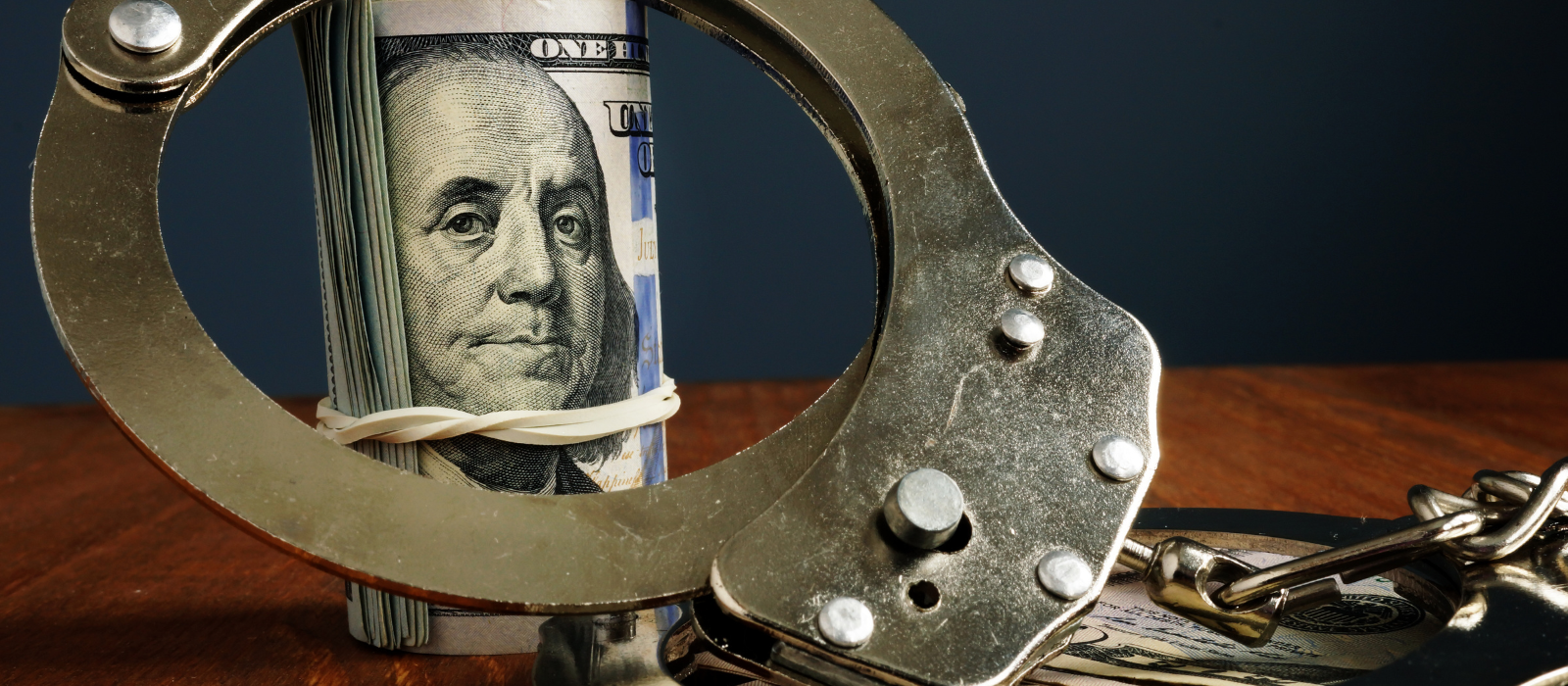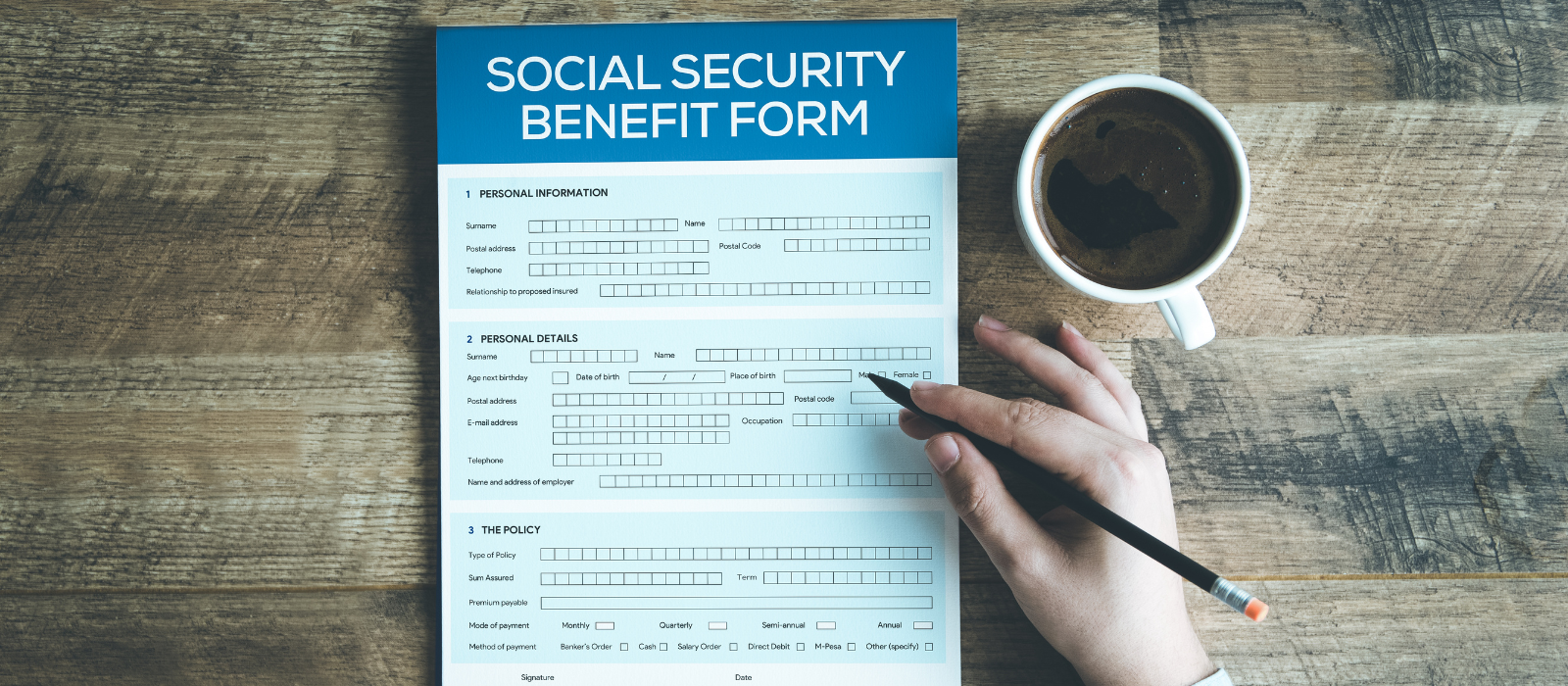What if you cannot afford to pay your taxes?
It’s a common conundrum: You want to file your taxes on time, but you anticipate or already know that you will owe money you can’t afford to pay right now. As a result, you put off filing your tax return under the assumption that the IRS can only bill you if they receive your latest outstanding tax return that’s due.
If you want to file your taxes right now, you should!
Am I Required to File a Tax Return?
The Gross Income Filing Requirement
You may want to file a tax return, but you are not actually required to. Generally, the gross income filing requirement is based on the standard deduction plus personal exemption for your filing status. The IRS has a tool to determine if you are required to file a tax return based on your income alone. Notably, taxpayers who are married and filing separately have a gross income filing requirement.
Other situations in which you must file a tax return
Regardless of the total reported income on your tax return, there are other situations in which you must file a tax return.
Self-employment
If you owe self-employment tax on net self-employment income of $400 or more, you are obligated to file a tax return. It’s easy to go past this amount if you drive for Lyft or Uber, are giving freelance work a try, or have any other form of self-employment income that nets out to $400 or more after your deductible expenses.
Affordable Care Act
You also must file a tax return if you receive Affordable Care Act subsidies for your health insurance and if you have any recapture payments such as the First-Time Homebuyer Credit. Any early distributions taken against an IRA or 401(k) also require you to file a tax return even if you had no other income, and the same is true if you reach age 70 1/2 during the tax year and were required to make the required minimum distributions (RMDs) from your retirement plan, but did not actually start these payments yet.
To get a tax refund
Even if you are not mandated to file a tax return, you may still want to file one to get a tax refund. If you aren’t due a tax refund, it’s still a good idea to have a tax return on file with the IRS. Tax returns are commonly requested when applying for a lease or mortgage, or to show proof of income and demonstrate the ability (or inability) to pay for higher education and other important aspects of life that may arise.

Filing a Tax Return vs. Paying Your Actual Tax Bill
A common misconception is that you need to pay all taxes due when you file your tax return. While it’s prudent to do so, you are not actually required to. Filing your actual tax return is still the very first thing you should do no matter how much you owe, even if you’re filing it late. Doing so will prevent steep penalties from being incurred if you were required to file a tax return. Additionally, suppose you put off filing your tax return for too long. In that case, the IRS can file a substitute return that won’t apply for any tax benefits and will make their assessment against you larger than it actually should be.
Even if you can't afford to pay you should still file
Even if you can’t afford to put anything toward your tax bill right now, the very least you should do is file your tax return before the deadline every year. If you want to file your taxes despite being unable to pay your bill right now, you can still do so.
Receiving an Automated Tax Bill From the IRS
If you cannot pay your taxes, you should still file a tax return without including payment. You can also include a partial payment of any size, even if it’s a small amount like $20. The IRS will not issue a judgment that quickly after you file your return, and even a small payment can help you save some money on interest.
The IRS will send an automated bill by mail if you do not pay your entire tax bill upon filing your return. You can pay your balance before the bill arrives if you have the money to do so, but getting the bill in the mail doesn’t mean you are facing a lien against your bank account.
Interest will accrue on the unpaid balance as long as it goes unpaid, but owing money is a separate concept from filing your tax return on time, so you can and should file even if you can’t pay.




